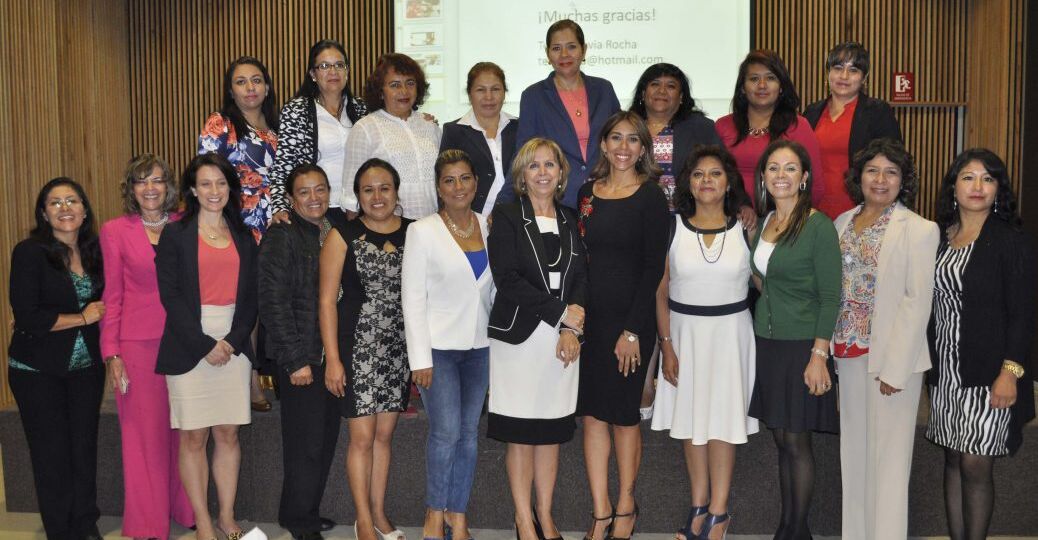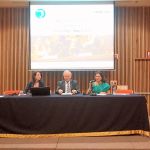
On May 3, 2017, the Forum of Federations, in cooperation with the National Institute on Federalism in Mexico’s Interior Ministry (Secretaría de Gobernación), the Center for Municipal and Metropolitan Studies (National Autonomous University of Mexico), the State of Queretaro and the Embassy of Canada in Mexico, held a one day workshop on tools to support the election of women to executive political positions. With specific focus on the municipal sphere, this workshop brought together mayors and public officials from the States of México, Guanajuato, Guerrero, Hidalgo, Querétaro and San Luis Potosí, to exchange experiences and practices with national and international experts. The Forum of Federations identified and sponsored the participation of Catherine Fortin LeFaivre from Equal Voice Canada, and Mukta Tilak, Mayor of Pune, India.
Women holding elected office face many institutional challenges. Women seeking elected office may face even more challenges, both structural and cultural. Political violence against women seeking and holding office is common, and occurs all over the world. Seeking gender parity in elected houses is a goal shared by many countries around the world, with many inspiring examples. The State of Queretaro, for example, is the only state in Mexico to have an equal number of women mayors among its 18 municipal governments. Equal Voice Canada is committed to supporting the election of women at all orders of government, irrespective of political party or platform. India has, through a system of gradually increasing quotas, managed to achieve gender parity at the local level, with over 1.5 million women holding elected office in India.
Teresa Hevia Rocha, a researcher from GENEROSI, presented the legal tools available in Mexico to protect women politicians from the too-common political violence that is directed toward them. This political violence can take many forms, including domestic abuse, and there have been many programs created to discourage and address it when it occurs. This includes the Office of the Special Prosecutor of Electoral Fraud (FEPADE) as well as the National Human Rights Commission. Unfortunately, one of the biggest obstacles to dealing with political violence is that its mere existence acts as a deterrent for women to even enter the political realm.
A panel of Mayors (Hortensia Aldaco Quintana, Ayutla de los Libres, Guerrero; María Antonieta Herrera Jiménez, Atitalaquia, Hidalgo; and María Beatriz Peña Reséndi, El Arenal, Hidalgo) discussed their struggles both as candidates and elected officials, noting the difficulties to even gain nominations within their parties, as well as poor treatment by some parts of the electorate and political opponents during the actual campaign. Given Mexico’s recent legislation requiring political parties to field 50 percent women candidates in all elections, there was agreement that there will be a period of transition as political parties – and the broader culture – adapt to the new reality of an increased presence of women in politics. This was echoed by the experiences in Canada and India, with Mayor Tilak noting that all levels of government must work together to eradicate political violence against women.


